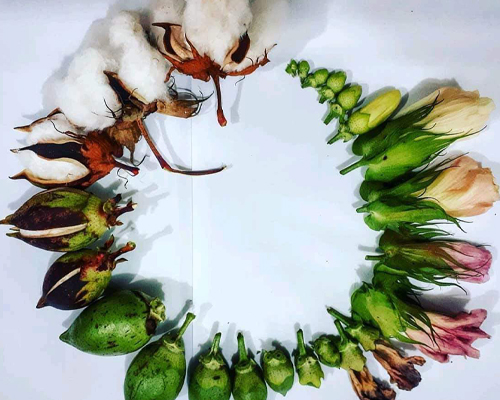Organic cotton is generally defined as cotton that is grown organic. Organic cotton is grown using methods and materials that have a low impact on the environment. Organic production systems replenish and maintain soil fertility, reduce the use of toxic and persistent pesticides and fertilizers, and build biologically diverse agriculture. Third-party certification organizations verify that organic producers use only methods and materials allowed in organic production. Organic cotton is grown without the use of toxic and persistent pesticides and synthetic fertilizers.
Organic cotton is cotton that is produced and certified to organic agricultural standards. Its production sustains the health of soils, ecosystems and people by using natural processes rather than artificial inputs. Importantly organic cotton farming does not allow the use of toxic chemicals or GMOs (genetically modified organisms). Instead, it combines tradition, innovation and science to benefit the shared environment and promote a good quality of life for all involved.
Organic cotton can be found in everything, from clothing, footwear and home furnishings (towels, bathrobes, sheets, blankets, bedding), to children’s products (clothing, toys, diapers), personal care items (sanitary products, make-up removal pads, cotton puffs and ear swabs), and even stationery and note cards.








